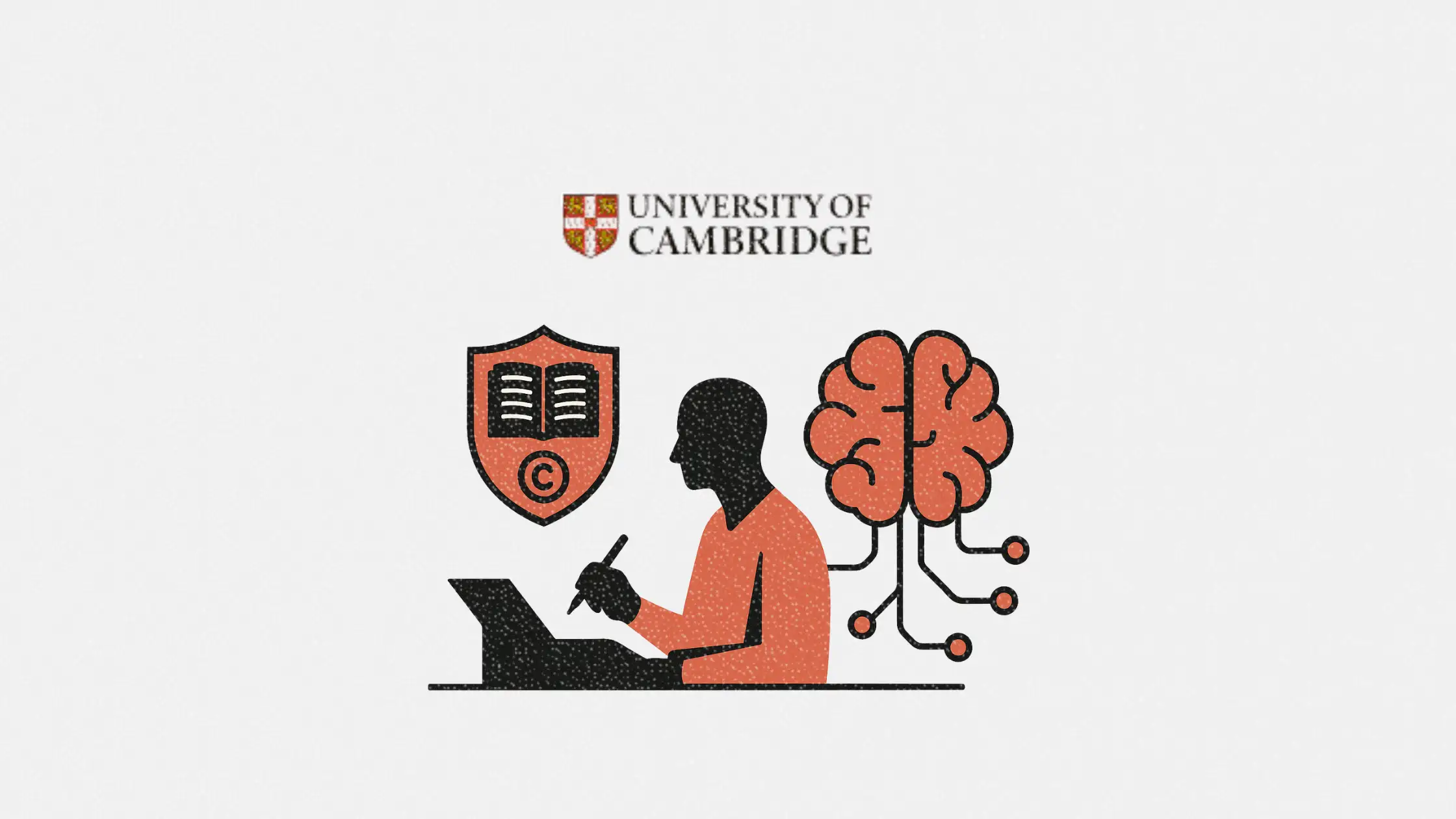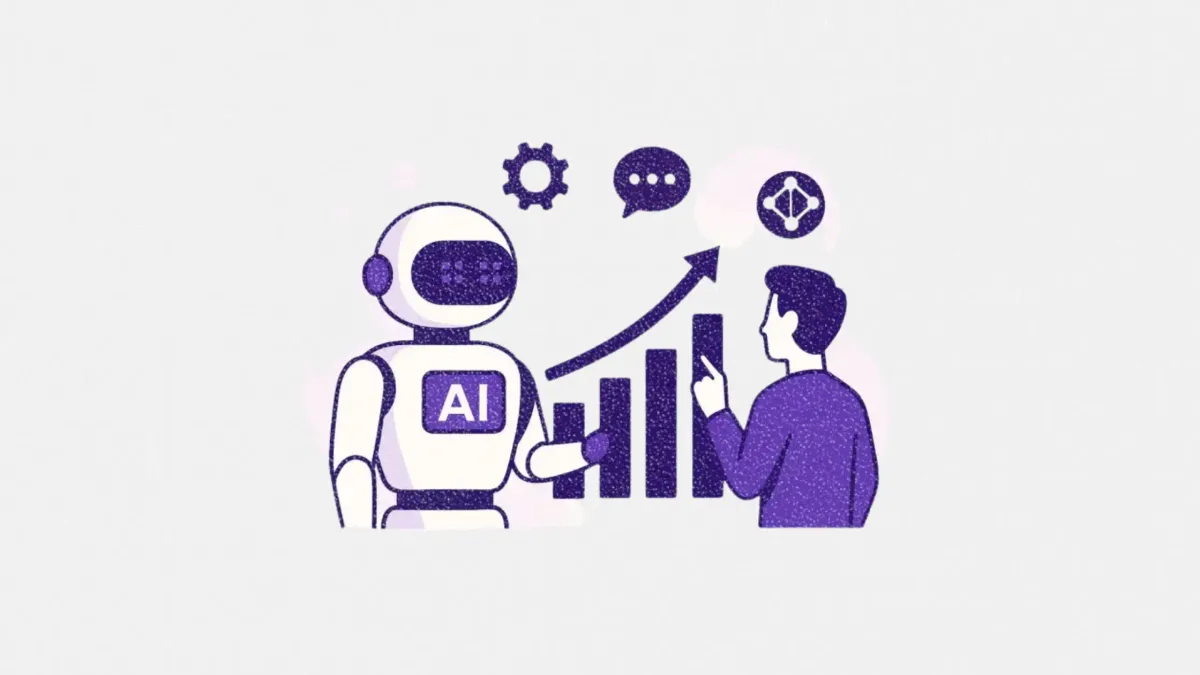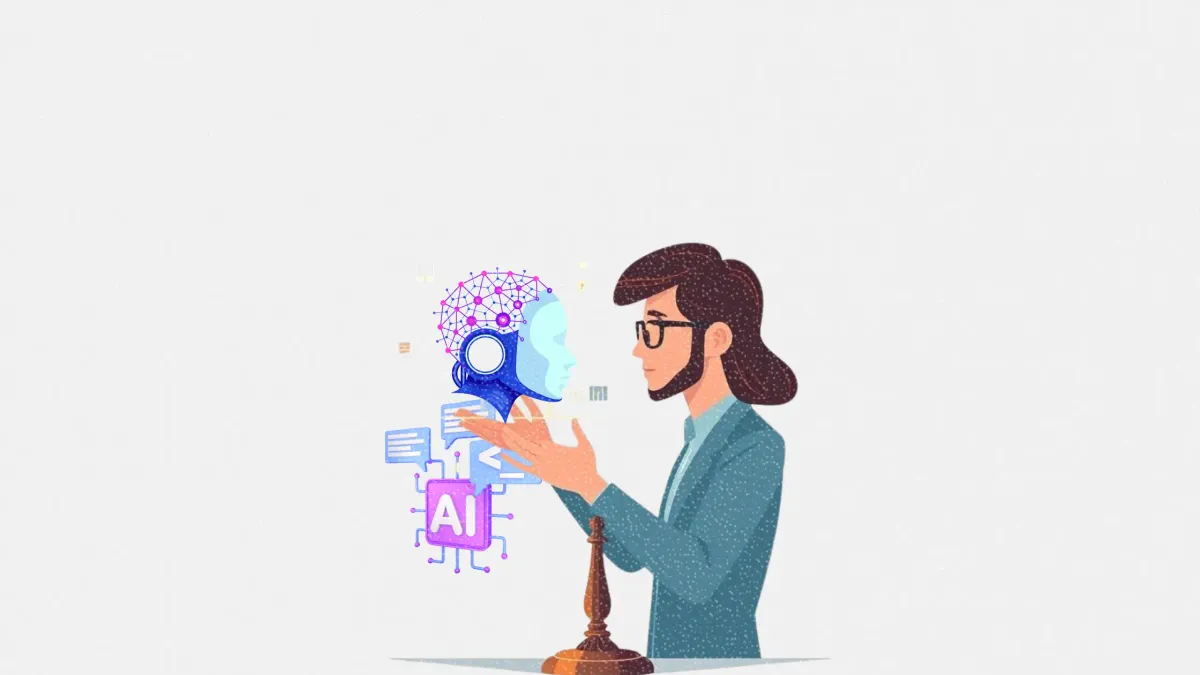AI risks to authors rise, according to new UK novelist survey
Over half of UK novelists believe AI could replace them. Here is what marketers should pay attention to.

A new study from the University of Cambridge reveals a deepening conflict between human creativity and generative AI. More than half of UK novelists now believe AI could eventually replace their work entirely. Many also suspect that their books have already been used to train AI systems without permission or compensation.
For marketers, publishers, and content leaders, this is not just a publishing story. It is a warning about how fast AI is shifting creative markets, rights expectations, and audience trust.
This article breaks down what the Cambridge research uncovered, and what these findings signal for anyone who works with content, storytelling, or IP based products.
Short on time?
Here is a table of contents for quick access:
- The new AI threat to fiction writers
- Industry pushback on rights and regulation
- What marketers and publishers should know

The new AI threat to fiction writers
The Cambridge team surveyed 332 participants from the UK fiction ecosystem, including 258 published novelists. The concerns span economic, creative, and ethical dimensions.
Key findings from the report include:
- 51% of authors believe AI is likely to replace human fiction writing in the future
- 59% know or believe their work has been used to train AI models without consent
- 39% say their income has already declined due to generative AI
- 85% expect future income to fall further as AI tools spread
Genre authors feel especially vulnerable. Writers of romance, thriller, and crime fiction were rated by their peers as the most at risk. Many authors described AI generated books flooding online marketplaces and eroding their visibility.
Some reported finding books under their names on Amazon that they did not write. Others said AI generated reviews with incorrect character names or plot details dragged down their legitimate ratings.
The market shifts are already measurable. Amazon recently introduced a limit of three Kindle Direct Publishing uploads per day to slow the surge of AI created ebooks. Yet scam titles and plagiarized summaries still continue to appear within days of legitimate releases.

Industry pushback on rights and regulation
The study reveals overwhelming frustration with the pace and clarity of copyright enforcement.
Most authors oppose the former UK proposal for a rights reservation model that would allow AI companies to scrape works unless authors opt out. According to the survey:
- 93% of novelists would opt out if this system were implemented
- 86% say AI training should require explicit opt in
- 48% want licensing for AI training to be managed by an industry body
Authors also warned that reader trust could erode if AI usage is not disclosed. Many fear a future where human written novels become a high priced niche product while mass produced AI fiction is sold cheaply or distributed free.
Several publishers, including independent houses, are already placing voluntary AI free labels on their books to signal authenticity and reinforce trust.
What marketers and publishers should know
For brand leaders and content professionals, this report reflects broader risks that extend far beyond the book market.
1. AI flooding is disrupting content economics
Cheap content generated at near zero cost pushes prices and perceived value downward. This affects not only books but also branded content, SEO material, and digital campaigns that depend on differentiation.
2. Provenance and content authenticity will become essential
Tools that verify authorship, such as C2PA provenance tags, can help reinforce trust. Publishers and brands that adopt origin tracking early can get ahead of regulatory and consumer expectations.
3. Disclosure will shape audience trust
Readers already express concern about AI created content that mimics human authorship. Brands will face similar expectations in marketing campaigns, especially in sectors where authenticity matters.
4. IP protection is a growing strategic risk
Unauthorized summaries, derivative works, and AI assisted plagiarism are now common in digital marketplaces. Rights holders need stronger monitoring systems and clearer internal policies around AI usage.
The Cambridge findings show a creative sector under pressure, but they also highlight a shift that marketers and publishers cannot ignore. AI is changing not just how content is made but how it is valued, trusted, and protected.
As AI adoption accelerates, leaders in content and marketing will need to focus on provenance, transparency, and responsible use. The organisations that act early will be the ones that maintain trust and protect their creative IP in a rapidly evolving landscape.




